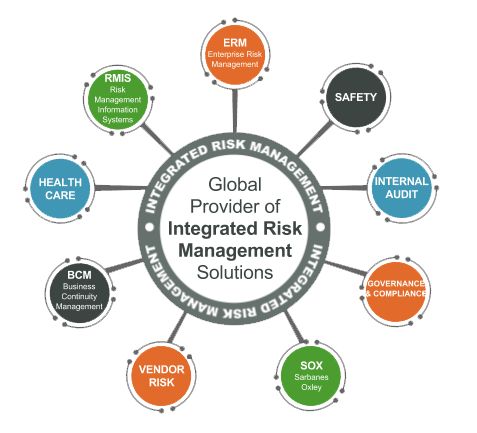What is Risk Management?
Risk management is the process of identifying, assessing, and controlling potential risks that could have an impact on an organization. It is the proactive process of identifying potential risks, assessing their impact, and taking the necessary steps to minimize or eliminate them. Risk management is an important part of any organization’s overall strategy, and it is especially important for charities, as they are responsible for the well-being of their beneficiaries and donors.
Identifying Risks
The first step in risk management is to identify potential risks. This involves looking at the organization’s operations, activities, and environment to identify any potential risks that may arise. Potential risks can include financial risks, operational risks, legal risks, and reputational risks. It is important to consider both the short-term and long-term risks, as well as any external factors that may affect the organization.
Assessing Risks
Once potential risks have been identified, it is important to assess them in order to determine their potential impact on the organization. This includes looking at the probability of the risk occurring, the potential impact on the organization, and the cost of mitigating the risk. This assessment should be done on an ongoing basis, as the risk environment can change rapidly.
Controlling Risks
Once risks have been identified and assessed, it is important to take steps to control them. This can include implementing policies and procedures, training staff, and introducing controls to ensure that risks are managed effectively. It is also important to review and update the risk management process on a regular basis.
Risk Management for Charities
Risk management for charities is particularly important, as charities are responsible for the well-being of their beneficiaries and donors. Charities must ensure that they are managing their risks effectively and that they are taking all necessary steps to ensure the safety of their beneficiaries and donors.
Financial Risks
Financial risks are one of the most common risks that charities face. These can include mismanagement of funds, fraud, and investment losses. It is important for charities to have robust financial controls in place to ensure that their funds are managed effectively and that they are taking all necessary steps to protect their funds.
Operational Risks
Operational risks are risks that arise from the day-to-day operations of the charity. These can include risks associated with the delivery of services, compliance with regulations, and the safety of staff and volunteers. It is important for charities to have robust policies and procedures in place to ensure that their operations are managed effectively and that they are taking all necessary steps to protect their staff and volunteers.
Reputational Risks
Reputational risks are risks that arise from the public perception of the charity. These can include negative media coverage, public criticism, and loss of trust. It is important for charities to be aware of their reputation and to take steps to protect it. This can include monitoring media coverage, responding to criticism, and engaging with the public to ensure that their reputation is maintained.






